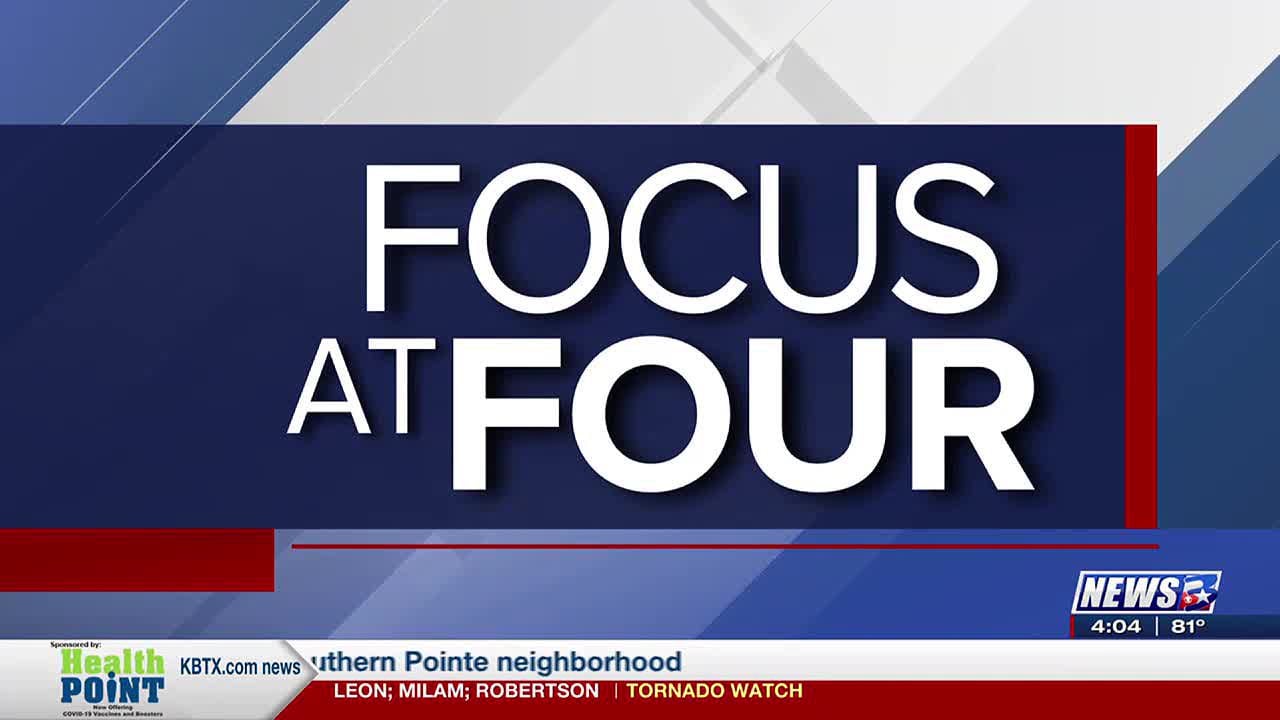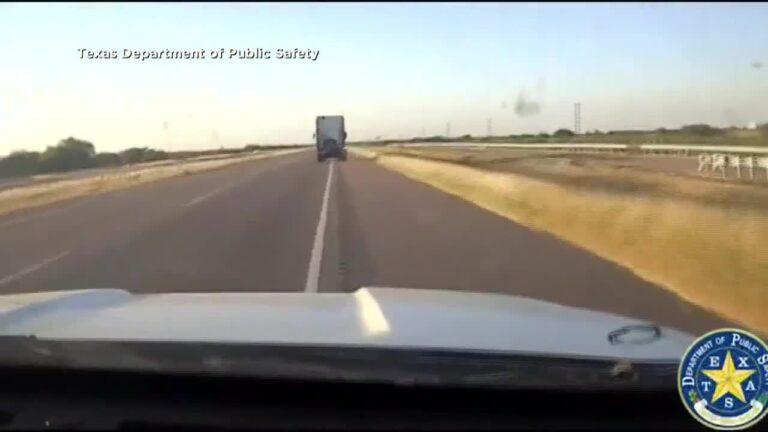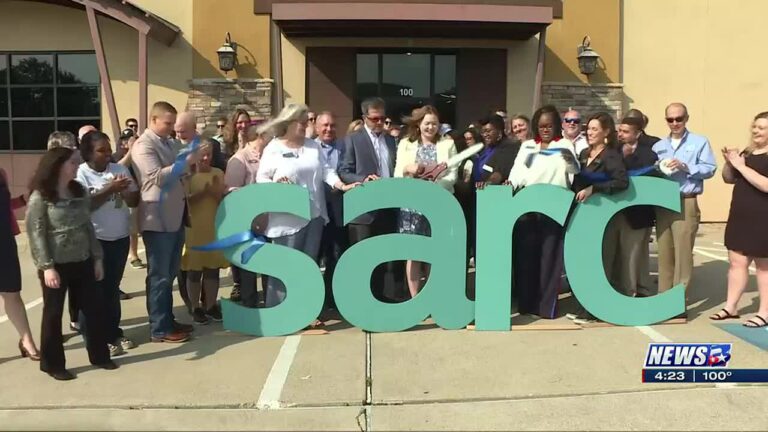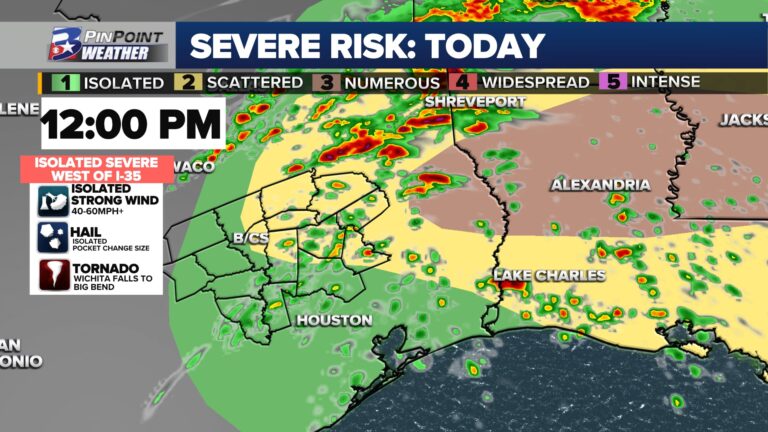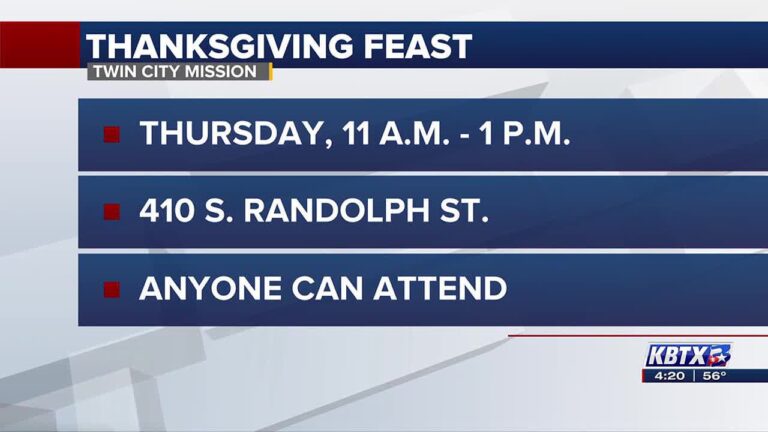Focus at Four: Texas State Climatologist explains new “Future Trends of Extreme Weather in Texas” report
BRYAN, Texas (KBTX) – The latest edition of the “Future Trends of Extreme Weather in Texas” report revealed a concerning acceleration in extreme weather conditions across the state.
The report was compiled by the Texas State Climatologist at Texas A&M, Dr. John Nielsen-Gammon, and Texas 2036, a nonpartisan think tank.
Dr. Nielsen-Gammon joined First News at Four to help explain the data and the reasoning behind the predictions.
The report predicts 100-degree days will be four times more common by 2036 than they were in the 1970s and 1980s. Droughts will also be more severe. “Basically the trends in temperatures have been pretty steadily increasing over the last half-century,” Dr. Nielsen-Gammon said. “So we have confidence that those trends that we’ve seen are going to continue.”
“For example 100-degree days used to be pretty rare during the summertime, you could go an entire year without seeing 100 degrees, by 2036 we could be seeing an ordinary year having more than a month’s worth of 100-degree days.”
There will also be more days of increased wildfire danger, according to the report. “Basically what’s going on is the temperature is going up, the atmosphere is drawing more water out of the ground, out of the plants, and so they dry out faster. So we expect to see a longer wildfire season.”
On the flip side, flooding events will become more common, especially in urban areas, “So far over the past few decades we’ve seen the intensity of heavy rainfall increasing by about 16% across the state and that means that the risk has gone up and it is going to continue to happen.”
Dr. Nielsen-Gammon said he hopes Texas residents and policymakers are aware of the dangers associated with the changing climate and can react appropriately. “It’s not every type of extreme weather that’s increasing, but there are certain key things that people may be vulnerable to like coastal areas have to worry about sea level rise, here (in Bryan/College Station) urban flooding is potentially the biggest risk, but the heat is going to be annoying people everywhere.”
You can view the entire report here.

